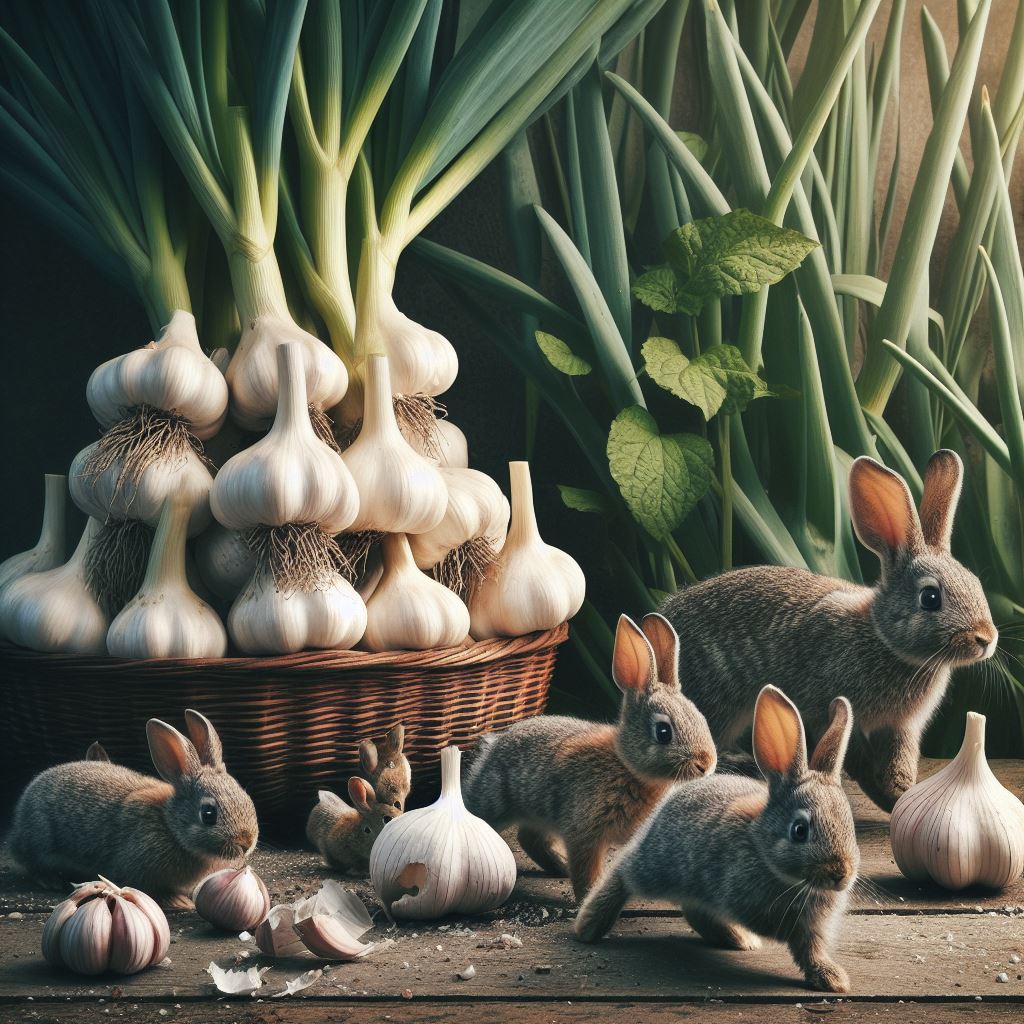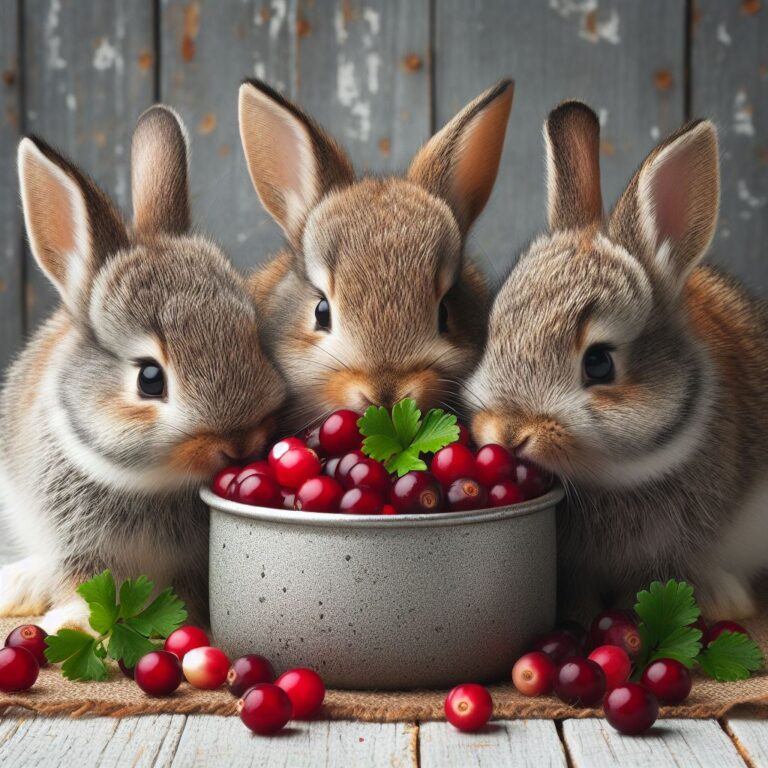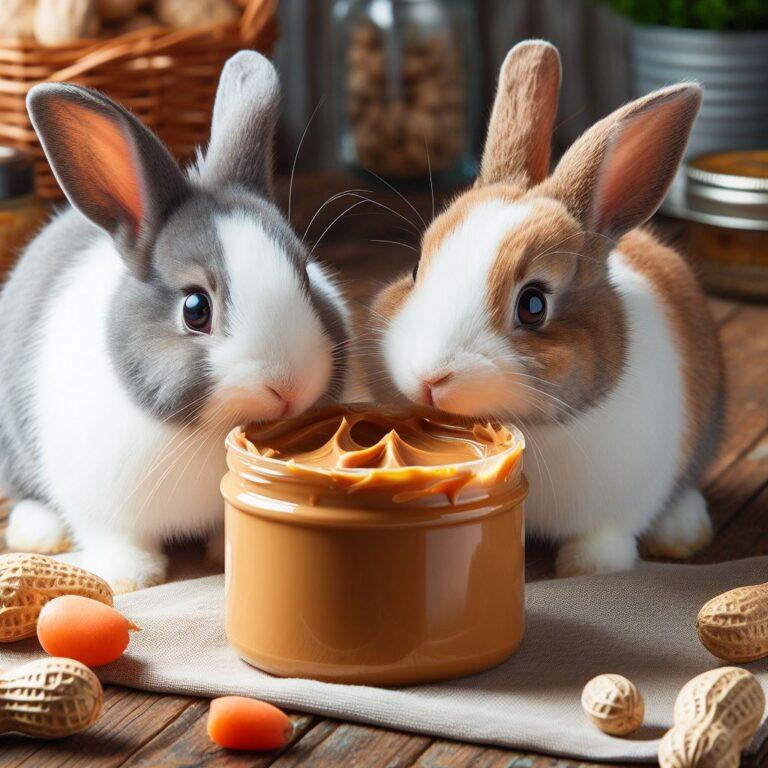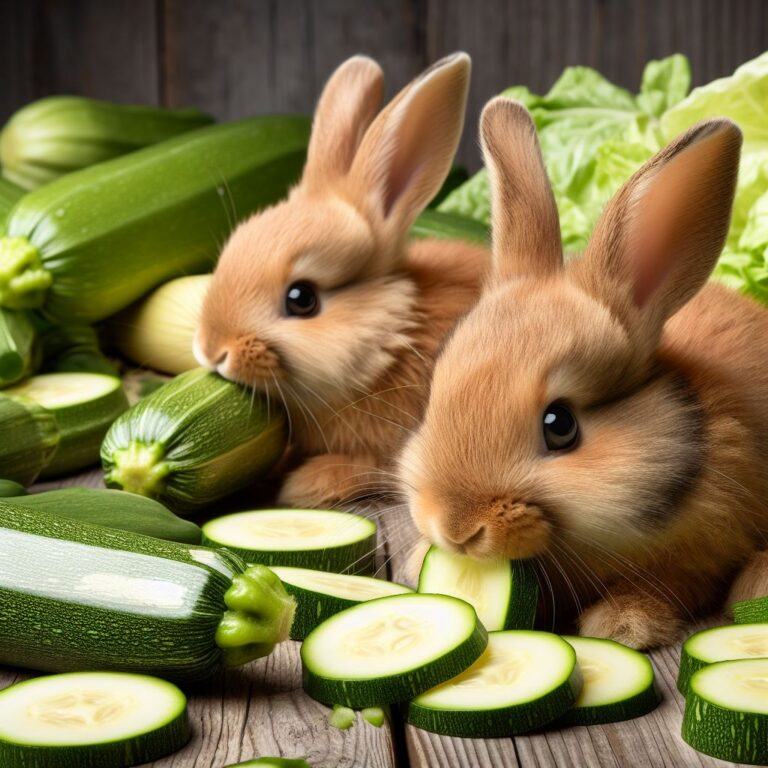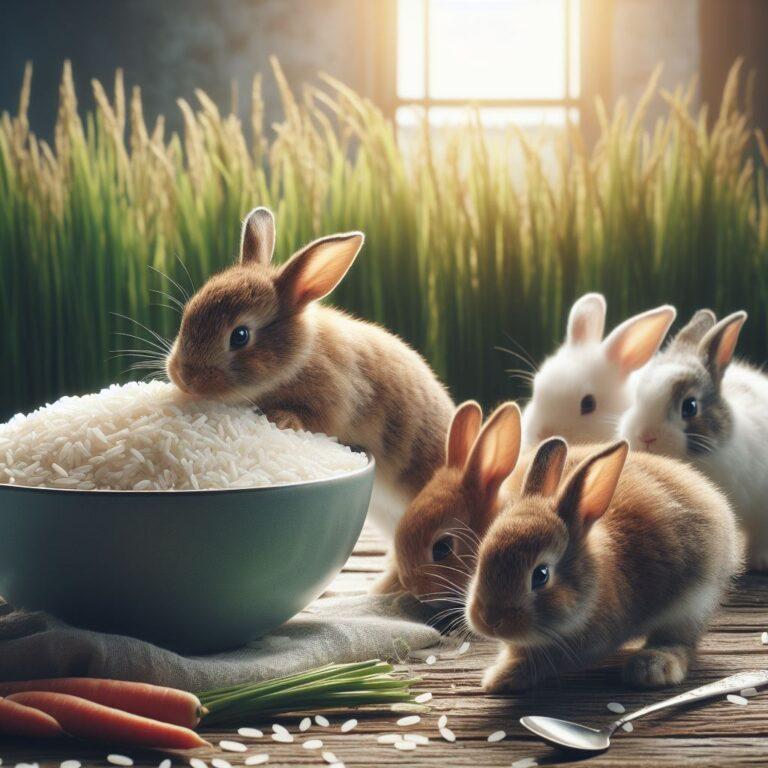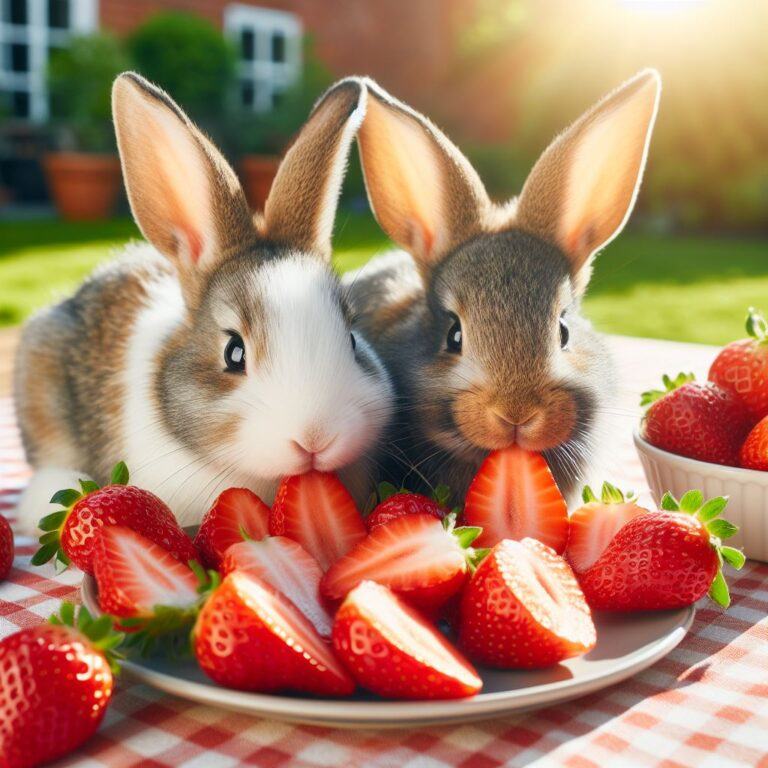Can Rabbits Safely Eat Garlic
Rabbits CANNOT safely eat garlic. This pungent bulb contains compounds that are toxic to rabbits, and even small amounts can lead to poisons in the bloodstream. Garlic belongs to the Allium family, where other members like onions, leeks, and chives also pose risks for rabbits.
The main concern with garlic in rabbits is thiosulfate, which isn’t harmful to humans but is to rabbits.
Thiosulfate causes oxidative damage to red blood cells, leading to hemolytic anemia, a condition in which the body cannot maintain healthy red blood cells.
Other compounds in garlic may also lead to digestive upset and systemic reactions.
Signs of toxicity in rabbits can be as straightforward as a refusal to eat or as severe as lethargy and rapid breathing.
Given the serious health risks associated with garlic, I would not let my rabbits anywhere near any part of it, it’s just not worth the risk is it?
Aside from the immediate dangers, chronic exposure to garlic may cause cumulative health issues that only become apparent over time.
Always be vigilant about preventing rabbits from accessing garlic, onions, chives, and other toxic foods, as their curiosity may lead them into dangerous and life-threatening situations.
Ensuring a rabbit’s health extends beyond avoiding harmful foods. It’s about providing them with nutrition that aligns with their biological needs.
Rabbits thrive on a balanced diet composed of hay, fresh vegetables, like cucumber, broccoli, bell peppers, or spinach, and a limited number of fruits as occasional treats.
Understanding Rabbit Nutrition and Safe Diet Practices
The cornerstone of rabbit nutrition lies in a high-fiber diet primarily composed of hay, which should form the majority of their intake.
Fresh vegetables and fruits such as strawberries, bananas, or watermelon can be introduced as supplementary treats, but the balance is critical.
For safe vegetables, consider dark, leafy greens like romaine lettuce, bok choy, and arugula. These are nutrient-rich and generally well-tolerated by rabbits.
Yet, it’s important to introduce any new food slowly to avoid digestive upset.
Keep a watchful eye on the portion sizes and frequency of feeding when it comes to treats. Too much of a good thing can still cause health problems for a rabbit.
When transitioning foods in a rabbit’s diet, do so gradually over several days. Mixing new foods with familiar ones can ease the transition and reduce the risk of rejecting the new diet or experiencing digestive issues.
I aim to give you the knowledge to distinguish safe foods from those that could harm your rabbit. Reliable information is key in ensuring the well-being of these pets.
Frequently Asked Questions About Rabbit Diets
Understanding what rabbits can and cannot eat is crucial to their well-being. Common misconceptions often lead to improper feeding, which could have serious health implications for these small animals.
For instance, while some owners believe that rabbits can safely consume small amounts of aromatic vegetables like garlic, this is NOT the case. A proper diet is non-negotiable for a rabbit’s health.
Experts in rabbit care emphasize the importance of treating rabbits with foods that are safe and contribute to their dietary needs.
Hay, fresh vegetables, and a controlled amount of fruits should be the mainstay of their diets, and any changes should be introduced gradually, over time.
This helps you monitor their reaction and ensure they are not having an adverse one to a new food.
Variety and moderation are key when feeding rabbits. Despite the temptation to give your pet treats, it’s important to prioritize their health over short-term enjoyment.
By offering a range of approved greens and veggies, you ensure they get the necessary nutrients without the risks associated with hazardous foods like garlic.
Finally, always stay observant of your rabbit’s behavior and eating habits for signs of dietary distress.
If you notice changes in their stool, a lack of appetite, or any other concerning symptoms, consult your vet at once. Early intervention is the best way to prevent digestive troubles and keep your rabbit happy and healthy for years to come.

